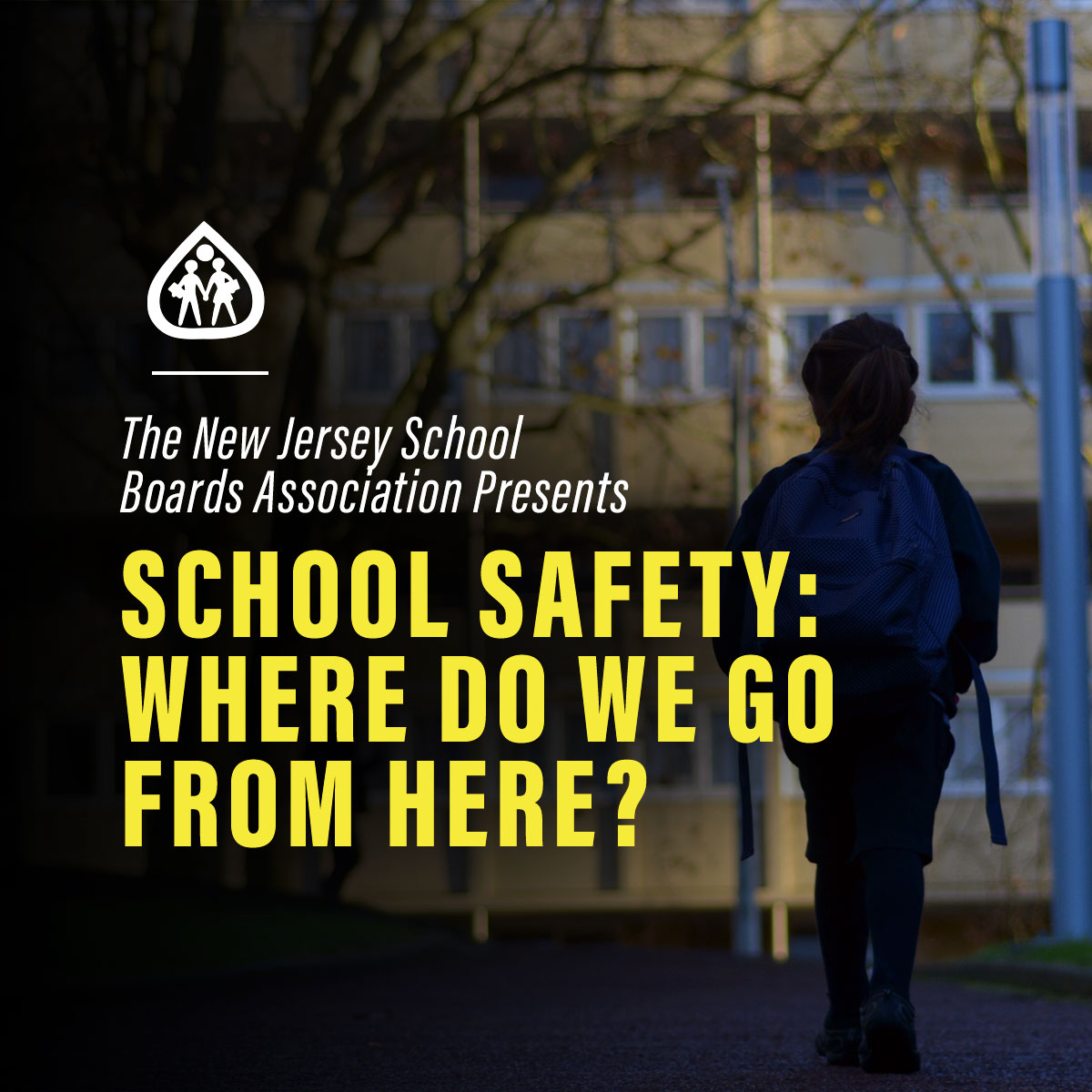On Monday, March 6, the chair of the New Jersey School Boards Association’s Firearms Safety Task Force notified members that it had completed its work and had issued a final report filled with recommended strategies that local boards of education may consider implementing in their respective districts.
Raymond R. Wiss, a past NJSBA president who formerly represented Bergen County on the Association’s board of directors, noted that he was pleased to present the report on one of the most significant challenges to the well being of children: gun violence.
His letter, in part, reads:
Today, firearm injury is the leading cause of death among America’s children and adolescents. It is imperative, therefore, that local boards of education work with parents, students and the community at large to promote firearm safety, prevent gun violence and address its physical and emotional toll on our children.
In its work, the Task Force reviewed data and research on firearm deaths and injuries; the impact of children’s exposure to violence; effective strategies to protect children from accidental injury; safe gun storage, handling and use; firearm acquisition and licensing; and school- and community-based partnerships that address students’ mental and emotional health, and help them overcome trauma, and defuse conflict.
The study group met six times, remotely and in person. Members identified programs in place in New Jersey public schools and reviewed data, reports and literature in the areas specified in the Task Force charge. In addition, the group surveyed the NJSBA membership on the significance of gun safety as an issue in their communities, as well as local efforts to address firearm safety and trauma/mental health.
Rising Above Polarization Reaching beyond the divisive arguments surrounding firearm regulation, the Task Force offers local boards of education recommendations and suggested actions that reflect strategies endorsed by child welfare organizations, gun-owner groups, the medical community, experts in public health, education organizations and other advocates.”
Wiss goes on to note in his letter that the final report will be distributed to various stakeholders, including legislators, state education officials and statewide organizations representing superintendents and other central office administrators, teachers, principals and supervisors, PTAs, and school business administrators, among others. It will also be the subject of upcoming NJSBA programs and county school boards association meetings.
The NJSBA looks forward to highlighting the recommendations in the report in the coming weeks and months as it works with local boards of education to keep all students and staff safe.



